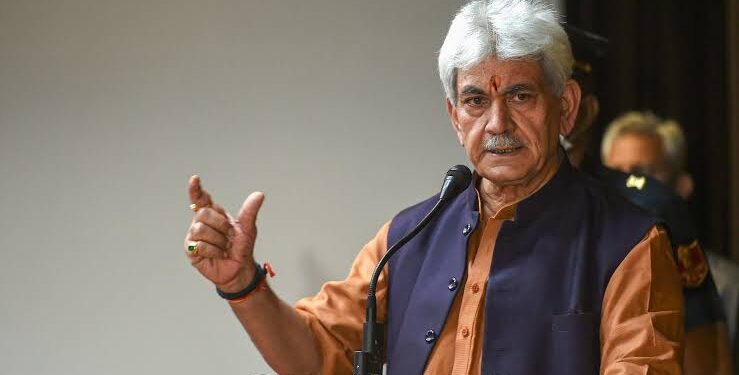It seems fun to see astronauts floating in the air inside the international space station, but the effect of not having gravity there remains long on astronauts after returning to the earth and has to face challenges such as nausea, dizziness, talking and walking.
NASA astronaut Sunita Williams and Buch Willmore and Russian astronaut Alexander Gorbunov returned to Earth from SpaceX’s dragon spacecraft on Wednesday.
Wilmore and Williams left Cape Canverals on June 5 last year from Boeing’s new Starlineer capsules. They both went to the eight -day mission, but they have been stranded in the space station for about nine months due to the leakage of helium from the spacecraft.
Many astronauts who have traveled under various space missions have talked about challenges like difficulty in walking after returning to Earth, difficulty in seeing, dizzy and ‘baby feet’. ‘Baby ft’ means that the thick part of the skin of astronauts is removed and their soles become soft like a child.
“When the astronauts return to the Earth, the Houston -based Beller College of Medicine said about the changes in the body in space, they have to immediately get back again according to the gravity of the Earth.” They may have problems in standing, stabilizing their vision, walking and turning. Astronauts returning to Earth are often placed on a chair soon after returning to Earth for their betterment. ”
It takes several weeks for astronauts to reopen themselves according to life on earth. The ‘vestibular’ organ located inside the ear helps humans to keep their body balanced while walking on the earth by sending information about gravity.
The Japanese space agency JAXA said, “There is a change in information from ‘vestibular’ organs due to low gravity in space. It is believed that this causes the brain to confuse and ‘space sickness (many people traveling in space) occur. When you come back to Earth, you re-experience the effects of the gravity of the earth and thus sometimes ‘gravity sickness’ becomes, the symptoms of which are similar to ‘space sickness’. ”
Gravity on Earth draws blood and other physical fluids towards the lower part of the body, but due to weightlessness in space, these fluids in the body of astronauts accumulate in the upper parts of the body and that is why they appear to be bloated.
JAXA said, “astronauts returning to Earth often get dizzy when they stand up. This condition is called ‘orthostatic hypotension’. This is because the gravity on the earth is stronger than the space and the blood is more difficult to reach the head from the heart.
Lack of gravity leads to a significant decrease in the density of bones and often irreparable decreases.
According to NASA, if astronauts do not take care to overcome this deficiency, the density of weight tolerating bones decreases about one percent every month in space.
There is a strict exercise system for astronauts at the international space station to deal with this problem.
NASA said, “Astronauts are required to exercise two hours per day by using a ‘treadmill’ or a stable bicycle to protect the bones and muscles due to zero gravity. The astronauts will be unable to walk or stand after returning to Earth after swimming in space for months for not doing this exercise.
Canadian astronaut Chris Hadfield reported that he had a problem while talking when he returned from the international space station in 2013 due to the weightless tongue in space.
Hadfield said, “Soon after returning to Earth, I could feel the weight of my lips and tongue and I had to change my way of interaction. I could not realize that I had a habit of talking to a weightless tongue. “
Due to the weakening of the disease resistance, the risk of infection and disease is also high when astronauts return to Earth.





